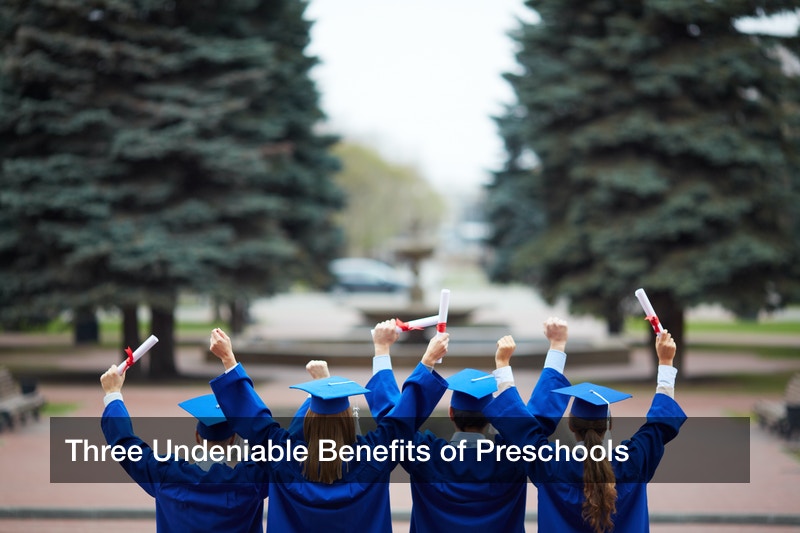
The results are in: children from all walks of life benefit from attending preschools. Whether from multicultural or multinational families, low, middle, or high income families, single language or bilingual families, the consensus is that preschool offers tremendous benefits. According to the Duke Center for Child and Family Policy, about 60% of U.S. children ages three to five years old attend day care or preschool. Let’s look at the reasons why your child needs to be a part of that 60%:
Introduction To A Varied Environment
At home, children are continually exposed to pretty much the same environment, day in and day out. That’s great for your child’s sense of security and stability, but there’s more out there and preschools provide safe, nurturing places where children can learn about new languages and cultures. One study from Duke University emphasizes “the value of being immersed among a diverse array of classmates.” Moreover, according to National Public Radio (NPR), bilingual children “show relatively large benefits from pre-K education,” while also exposing their peers to new cultural experiences and new languages.
Children Being Learning Independence
On the flip side of the coin, preschools foster independence. Most children are accustomed to being alone at home with his or her parents, or alone with just one or two siblings. Day care, preschools, and summer camp provide a new experience. In other words, you child will be carefully and prudently tutored, but among a small- to medium-sized group of other children.
Education Research Suzanne Bouffard notes that pre-elementary education programs help toddlers and young children learn “how to deal with difficult emotions, how to pay attention, and how to be peers who listen to and interact positively with their classmates.”
Preschools Promote Intellectual and Physical Well-Being
Your child’s brain is developing! According to Scholastic, ages three to five are critical for brain development, as well as emotional and social development. Children learn to dress and feed themselves at these ages. Seeing positive examples among their peers reinforces these behaviors. Similarly, regularly attending preschool or day care teaches kids to share with and listen to other children. Being in a group environment and playing with others can also help your child develop his or her imagination and creative skills.
Finally, the 30,861 private American schools teach 5.3 million preschool-aged children, and nearly two-thirds of all children attend pre-k programs. These widely available programs do more than stimulate your child’s learning and social skills. Most programs also encourage daily exercise, keeping your child physically healthy as well.
Preschool education benefits children from all walks of life. Keep your child intellectually, socially, and physically healthy with a carefully chosen preschool program.

